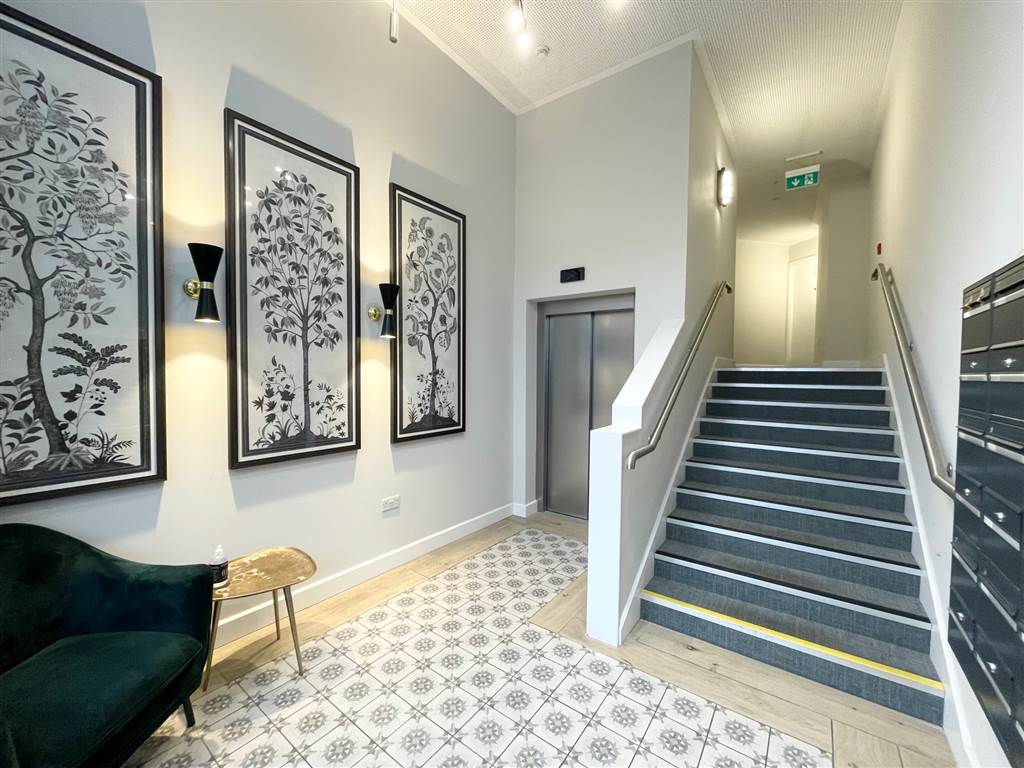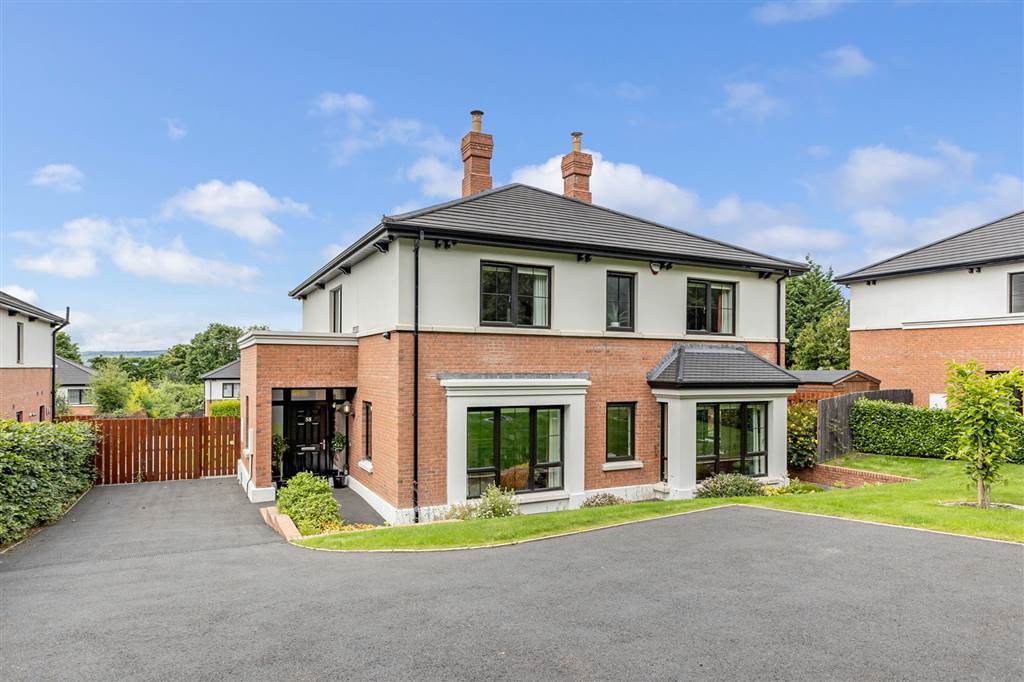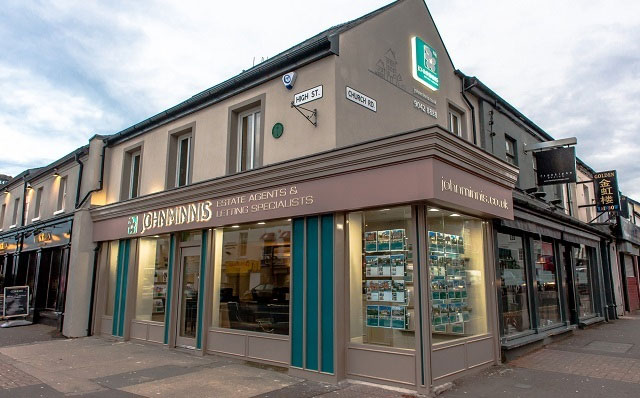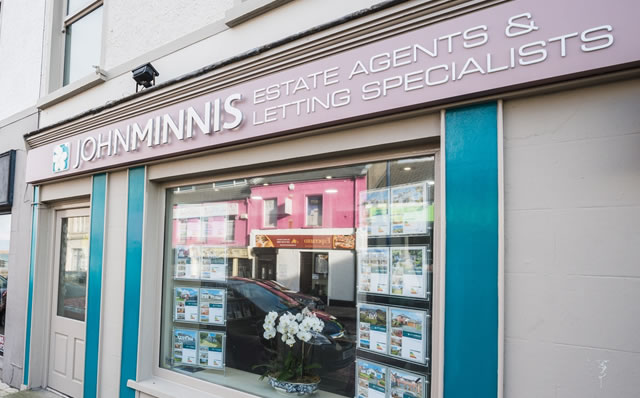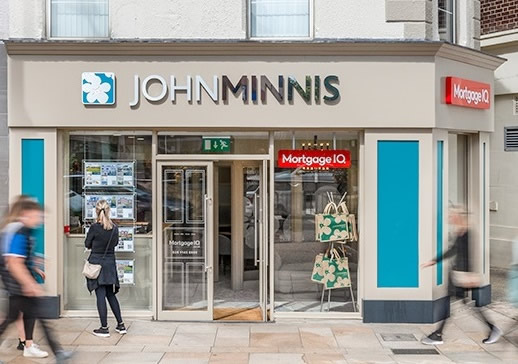John Minnis Latest News
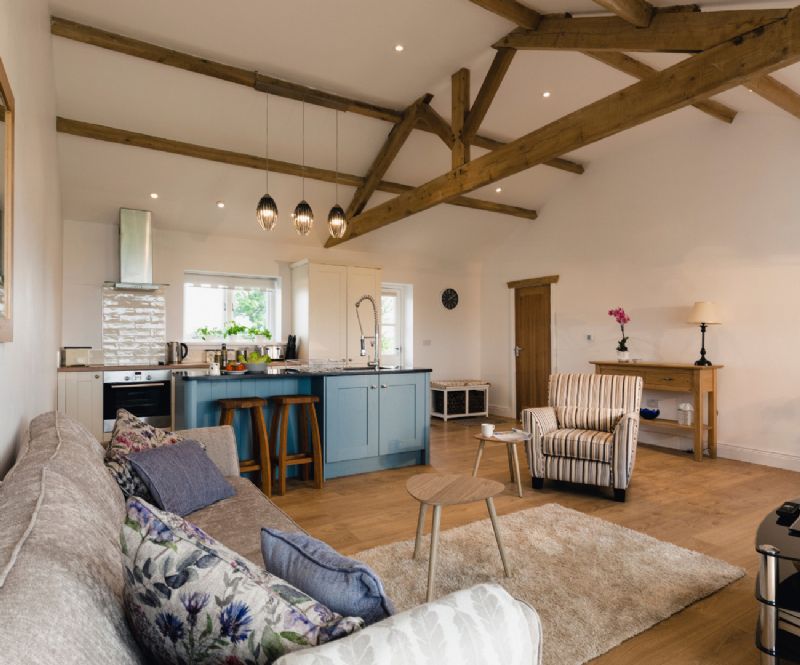
Posted on 11 April 2023
Unlocking the Potential: How Adding an Annex to Your Home Can Boost Its Value
For many homeowners, the idea of expanding their living space or adding value to their property is an attractive prospect. One way to achieve this is by building an annex, which can not only increase the overall value of your property, but also provide extra space for a growing family or aging parents. In this blog, we'll discuss the pros and cons of building an annex in the UK, as well as explore other options such as moving home or converting a part of your existing property. Read More
Posted on 4 April 2023
Statement in response to the latest House Price Index published by Nationwide Building Society
The recently revealed Nationwide House Price Index indicated that house prices across Northern Ireland had risen in the first three months of 2023 - so what does this mean for sellers and buyers? Read More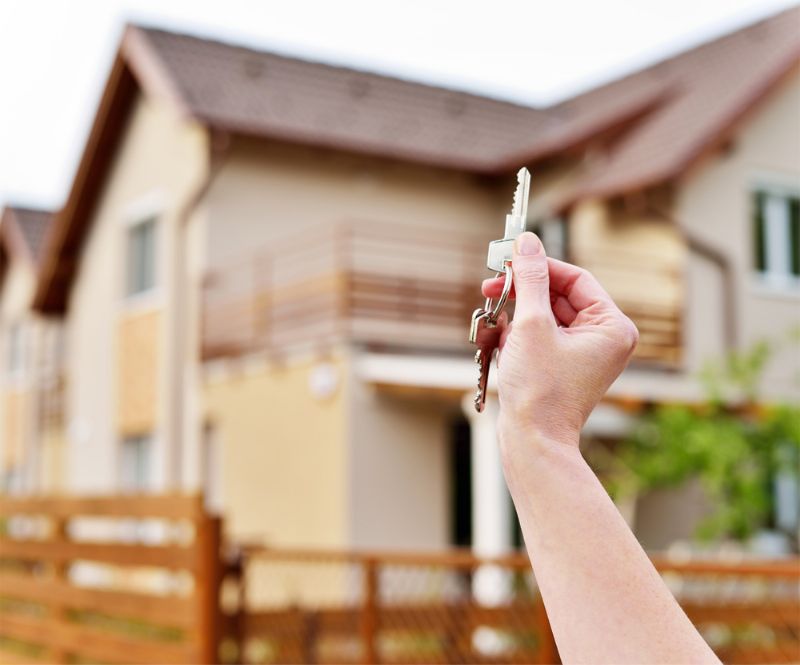
Posted on 27 March 2023
Renting in Northern Ireland: A Comprehensive Guide to Finding Your Ideal Home
If you're looking for a rental property in Northern Ireland, it can be a daunting task. With so many options available, finding the perfect property can seem like an impossible mission. However, with the right guidance and resources, the process can be simple and straightforward. As a leading estate agency in Northern Ireland, we have compiled a comprehensive guide to help you find your ideal rental property. Read More
Posted on 27 March 2023
Smart Investing in the Property Market: Strategies for Finding and Securing Profitable Flats
Welcome to our comprehensive guide on investing in profitable flats. With property investments becoming an increasingly popular way to grow wealth, it's crucial to understand how to identify, evaluate, and secure the right flats for maximum returns. In this guide, we'll walk you through the key steps to building a successful property portfolio. Read More
Posted on 25 March 2023
Donaghadee Named Best Place to Live in Northern Ireland
Discover the Charm and Beauty of This Coastal Town Read More
Posted on 15 March 2023
Campbell College and Wallace High School in battle for the John Minnis Burney Cup
Campbell College, Belfast, and Wallace High School, Lisburn, are set to come head-to-head this week in a battle to be crowned the winners of the John Minnis Burney Cup. Read More
Posted on 2 March 2023
Northern Ireland - The Property Market's Hidden Gem
Home to world-class education system, top-notch public transport, and a fantastic mix of business and leisure, Northern Ireland is a market like no other. Find out why our Company Director, John Minnis, believes Northern Ireland to be such hidden gem in the property market. Read More.jpg)
Posted on 21 February 2023
John Minnis and Mortgage IQ Team Up for Bangor Community Mortgage Clinic
Leading estate agent John Minnis is partnering with specialist property advisers Mortgage IQ and Northern Irish regional body Co-Ownership to deliver a community-friendly Mortgage Clinic on 25th February. Read More
Posted on 16 February 2023



